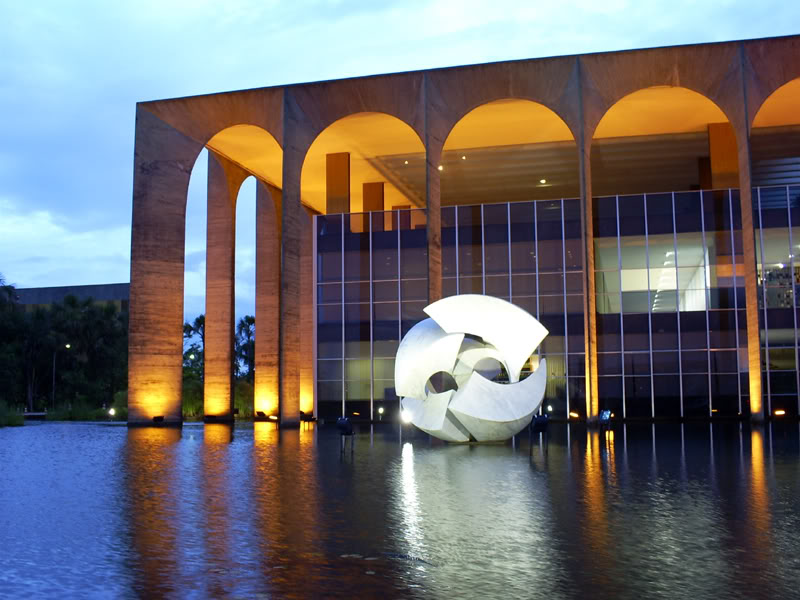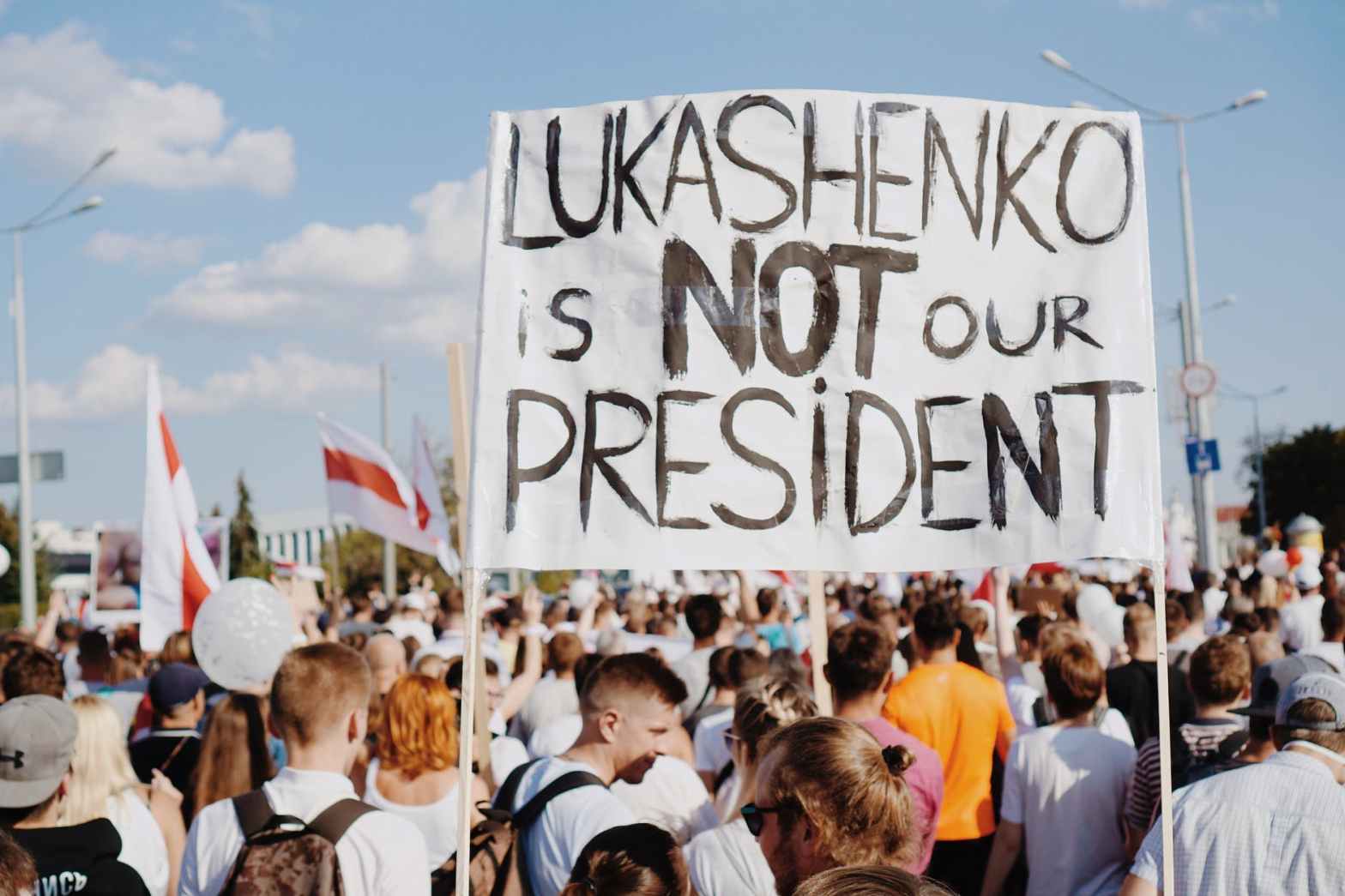Javier Vadell, professor da Pontifícia Universidade Católica de Minas Gerais – PUC-Minas, apresenta o artigo “The Chinese South-South development cooperation: an assessment of its structural transformation”, escrito em co-autoria com Giuseppe Lo Brutto e Alexandre Cesar Cunha Leite, publicado na edição especial “International Development Cooperation and Multipolarity”, número 2/2020 (Volume 63 – No. 1 –Continuar lendo “Javier Vadell apresenta o artigo “The Chinese South-South development cooperation: an assessment of its structural transformation””
Arquivos da tag:Em destaque
Yue Xu presents the article “Development finance with Chinese characteristics: financing the Belt and Road Initiative”
Yue Xu, researcher at the University of Shanghai for Science and Technology (College of Foreign Languages, Shanghai, China) presents the article “Development finance with Chinese characteristics: financing the Belt and Road Initiative“, published at the special issue of the Revista Brasileira de Política Internacional – RBPI entitled “International Development Cooperation and Multipolarity: Scrambling North andContinuar lendo “Yue Xu presents the article “Development finance with Chinese characteristics: financing the Belt and Road Initiative””
Daniel Buarque apresenta o artigo “Country on the fence: United Kingdom’s perceptions of the status and international agenda of Brazil”
Daniel Buarque, pesquisador do King’s College London (Brazil Institute, London, United Kingdom), apresenta o artigo de sua autoria “A country on the fence: United Kingdom’s perceptions of the status and international agenda of Brazil” publicado no número 1/2020 (Volume 63 – No. 1 – 2020 ) da Revista Brasileira de Política Internacional – RBPI. LeiaContinuar lendo “Daniel Buarque apresenta o artigo “Country on the fence: United Kingdom’s perceptions of the status and international agenda of Brazil””
Belarus – “a terra de gente livre”, por Paulo Antonio Pereira Pinto
A Belarus teve um passado sofrido. Por ocasião de invasões da Rússia, de Napoleão a Hitler, se encontrou, por determinismo fronteiriço, no caminho de algozes que, tanto na ida e – pior ainda – na volta, provocaram devastações inimagináveis. Como agravante, em 1986, a explosão na usina nuclear ucraniana de Chernobyl afetou mais a BelarusContinuar lendo “Belarus – “a terra de gente livre”, por Paulo Antonio Pereira Pinto”
Development Finance with Chinese Characteristics: Financing the Belt and Road Initiative – an interview with Hongsong Liu, Yue Xu, and Xinzhu Fan, by Paulo Menechelli Filho
The Belt and Road Initiative (BRI) has been one of China’s most prominent foreign policy efforts in recent years. According to Professors Hongsong Liu (Shanghai Jiaotong University), Yue Xu (University of Shanghai for Science and Technology), and Xinzhu Fan (Shanghai International Studies University), the BRI is clearly aimed at international development and designed to jointly build a regional economic cooperation frameworkContinuar lendo “Development Finance with Chinese Characteristics: Financing the Belt and Road Initiative – an interview with Hongsong Liu, Yue Xu, and Xinzhu Fan, by Paulo Menechelli Filho “
The changing nature and architecture of U.S. democracy assistance, an interview with Luiza Mateo, by Mauricio Kenyatta
The paper “The changing nature and architecture of U.S. democracy assistance,” (Vol. 63, n. 1) authored by Luiza Mateo and published in the Revista Brasileira de Política Internacional – RBPI, examines the definitions and practices of American democracy assistance, considering its institutional architecture, budgetary levels, and political priorities. The author explores why and how the U.S. undertakes democracy assistance. MaurícioContinuar lendo “The changing nature and architecture of U.S. democracy assistance, an interview with Luiza Mateo, by Mauricio Kenyatta”
From the quest for autonomy to the dual break: structural and agential changes in Brazil’s foreign policy during the 21st century, an interview with Sergio Caballero and Diego Crescentino by Sara Rodrigues
The Brazilian foreign policy and the Brazilian diplomacy are characterized by a certain continuity which translates into tendencies that are followed from one government to the next one. One such tendency is the pursue of the objective of autonomy, which has been the target of discussion in the Brazilian and international community. In their articleContinuar lendo “From the quest for autonomy to the dual break: structural and agential changes in Brazil’s foreign policy during the 21st century, an interview with Sergio Caballero and Diego Crescentino by Sara Rodrigues”





Você precisa fazer login para comentar.